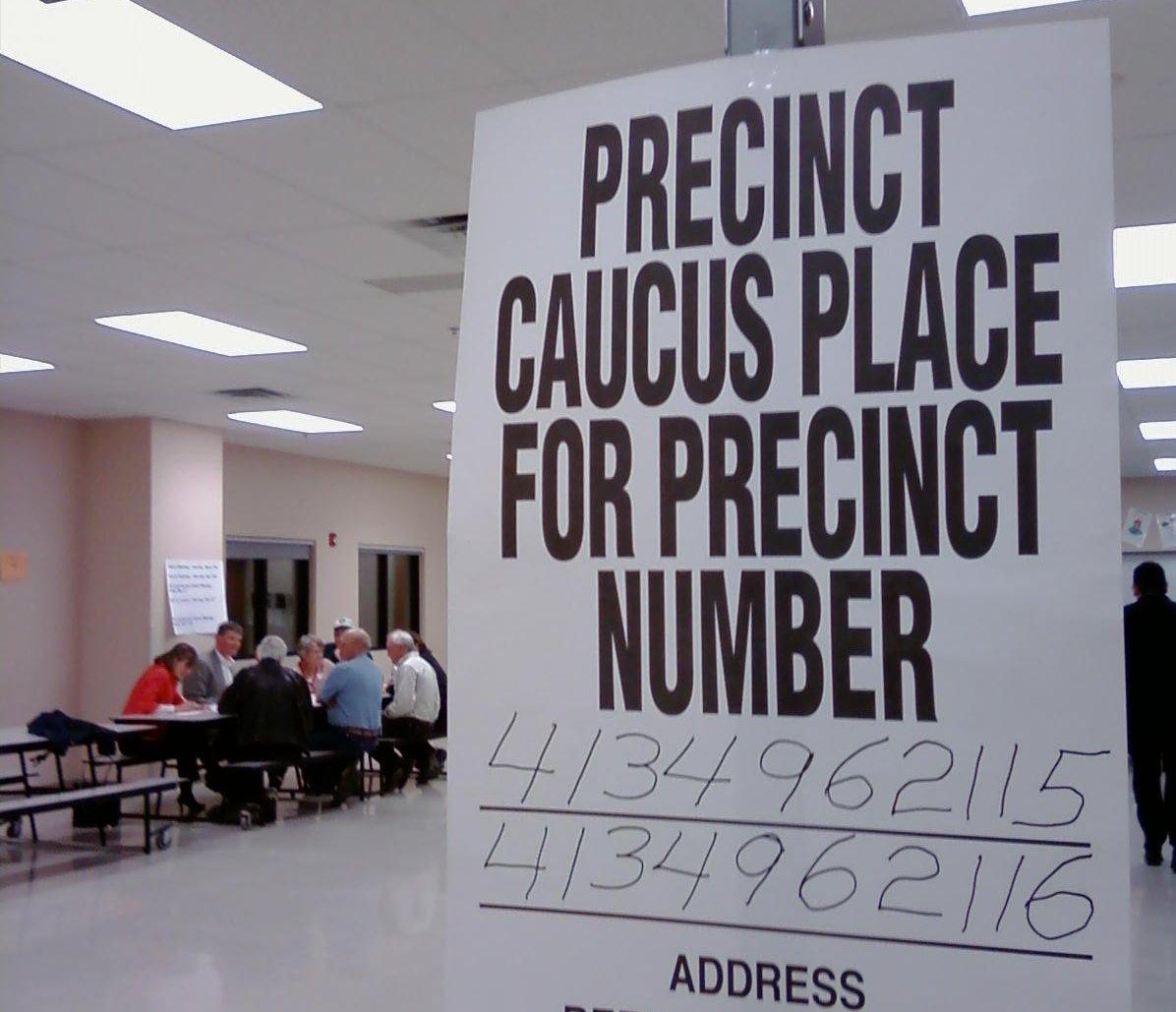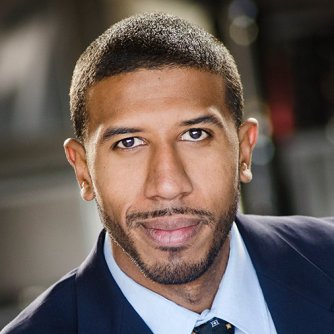
If you're a registered Democrat or Republican in Colorado, you'll be able to caucus next week. But if you're unaffiliated, like a third of Coloradans, you'll have to wait until the general election. That means a lot will be decided for you -- including which Democrat Colorado supports for president.
That's a major problem says Colorado College political scientist Thomas Cronin. He's the author of the book "Colorado Politics and Policy: Governing A Purple State." He joined Curtis Hubbard, a spokesperson for Let Colorado Vote, a non-profit that aims to increase voter turnout, in a conversation with Colorado Matters host Ryan Warner.
Let Colorado Vote wants to see the state's presidential nominating process change. How?








